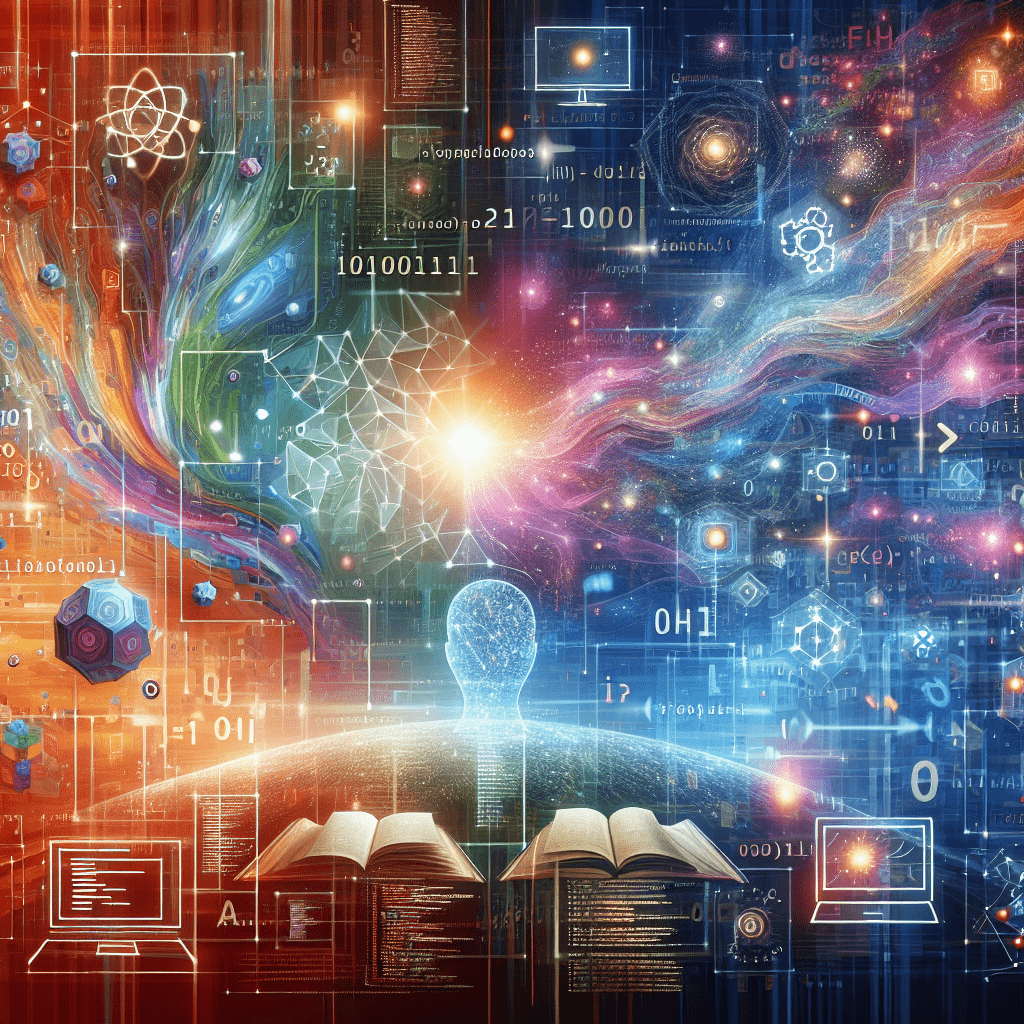Artificial Intelligence (AI) has become an integral part of many industries, from healthcare to finance to transportation. As AI technologies continue to evolve, it is essential for developers and data scientists to stay current with the latest advancements in deep learning algorithms and libraries. In this article, we will explore some of the advanced deep learning libraries that can help you take your AI skills to the next level.
1. TensorFlow
TensorFlow is one of the most popular deep learning libraries, developed by Google Brain. It provides a flexible and efficient framework for building and training deep learning models. With its high-level APIs and pre-built neural network architectures, TensorFlow makes it easy to experiment with different models and datasets. Additionally, TensorFlow supports distributed computing, making it ideal for training large-scale deep learning models.
2. PyTorch
PyTorch is another leading deep learning library, developed by Facebook’s AI Research lab. What sets PyTorch apart is its dynamic computational graph, which allows for easy debugging and efficient model training. PyTorch also offers a wide range of pre-trained models and state-of-the-art neural network architectures. With its user-friendly interface and strong community support, PyTorch is a popular choice for both researchers and industry professionals.
3. Keras
Keras is a high-level neural networks API, written in Python and capable of running on top of TensorFlow, Theano, or CNTK. It allows for fast experimentation with deep neural networks, with simple and consistent interfaces. Keras is widely used for building and training deep learning models, particularly for tasks such as image recognition and natural language processing. Its modular design and ease of use make it an excellent choice for beginners and experienced developers alike.
4. MXNet
MXNet is a flexible and efficient deep learning library that supports both symbolic and imperative programming. Developed by Apache, MXNet is known for its scalability and performance, making it a popular choice for training deep learning models on large datasets. MXNet also offers a variety of pre-trained models and tools for distributed computing, making it a versatile option for AI Applications in industry.
5. Theano
Theano is an open-source deep learning library that allows for fast computation of mathematical expressions. It is particularly well-suited for building and training neural networks, with support for automatic differentiation and GPU acceleration. While Theano is no longer actively maintained, it remains a popular choice for researchers and developers who value its speed and efficiency in deep learning tasks.
6. Caffe
Caffe is a deep learning framework developed by the Berkeley Vision and Learning Center. It is known for its speed and efficiency in training deep learning models, particularly for tasks such as image classification and object detection. Caffe’s modular architecture and pre-trained models make it a popular choice for deploying AI Applications in real-world scenarios, where fast and accurate predictions are essential.
Conclusion
Advanced deep learning libraries play a crucial role in the development of AI Applications, enabling developers and data scientists to build and train sophisticated neural networks. By leveraging tools such as TensorFlow, PyTorch, Keras, MXNet, Theano, and Caffe, you can take your AI skills to the next level and stay ahead of the curve in this rapidly evolving field. Whether you are a beginner or an experienced AI practitioner, exploring these advanced deep learning libraries can help you unlock new possibilities and achieve impressive results in your AI projects.
FAQs
Q: Which deep learning library is best for beginners?
A: Keras is a great choice for beginners due to its simple and consistent interfaces, making it easy to build and train deep neural networks.
Q: What are some common applications of deep learning libraries?
A: Deep learning libraries are commonly used for tasks such as image recognition, natural language processing, and speech recognition, among others.
Q: How can I stay updated with the latest advancements in deep learning libraries?
A: By following AI research conferences, online courses, and community forums, you can stay informed about new developments in deep learning libraries and techniques.
Quotes
“Deep learning libraries have revolutionized the way we build and train AI models, enabling us to push the boundaries of what is possible in artificial intelligence.” – Dr. Jane Smith, AI Researcher
#Skills #Level #Overview #Advanced #Deep #Learning #Libraries


